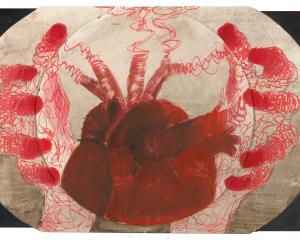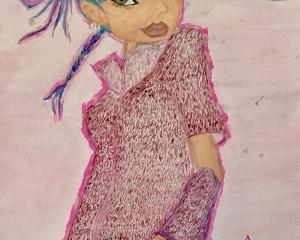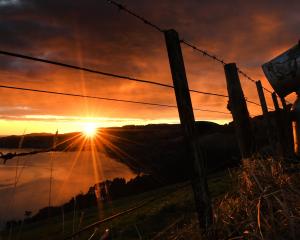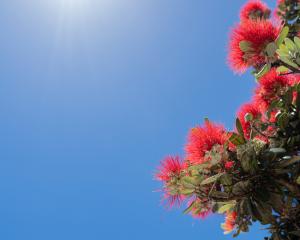The progression of race relations between Maori and Pakeha in Aotearoa since the signing of the Treaty of Waitangi, 175 years ago, is the most motivating factor in the goal of achieving a more harmonious society.
The 28th Maori Battalion, formed during World War 2, is evidence of this progress.
Nearly 16,000 Maori voluntarily enlisted to fight alongside Pakeha and ultimately, for their governing country, Britain.
This demonstrates how determined the Maori were to embrace the goal of unity by making the greatest sacrifice, to fight for their country.
The shared goal of unity, for New Zealand to stand as a model of how two races can integrate to become one enriched race, is the view that brings the Pakeha and Maori races close together.
The youth are known as the future of a nation and therefore it is imperative that youth lead Aotearoa towards becoming a more harmonious nation.
The ultimate way to achieve this is for an individual to experience an environment that is not native to them.
By living in the security of your own environment and never experiencing the culture or the life of other societal groups outside of your usual neighbourhood, you are being deprived of the richness of diversity.
The issue of racism must also be addressed.
My mother is Japanese.
She cooks Japanese food, speaks in Japanese to my brother and I, and brings the Japanese culture into my life in a way that I will be forever grateful for.
She is also very much a New Zealander in the way she is fluent in English and has adapted her previous lifestyle to that of the laidback Kiwi culture.
My father is English, and don't get me wrong, he will always be dressed in white and red at an All Blacks versus England match; but he has immersed himself in the Kiwi culture to such a degree, it would not be out of the norm to see him downing a cold Speight's after a hot summer's day out on the lakes, or rugged up in his Swanndri driving up to the skifields in winter.
In these ways, I have witnessed the positivity of two important people in my life, celebrating their own cultures while representing unity.
They have displayed to me the best way for individuals to feel proud of their race.
If people see the positivity that beams out of a particular race, it is far more likely that they will be attracted to this race and appreciate its cultural value.
Big change starts small and I believe that the youth can drive this positive change.
The Japanese proverb ''Mina de issho-ne gambarri masho'' means we are all in this together.
A literal translation of the Maori proverb ''He waka eke noa'' is a canoe which we are all in with no exception - a canoe that holds New Zealand's greatest asset, diversity.
• By Jodie Llewellyn, Year 13, Columba College












